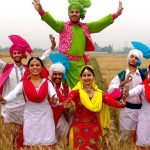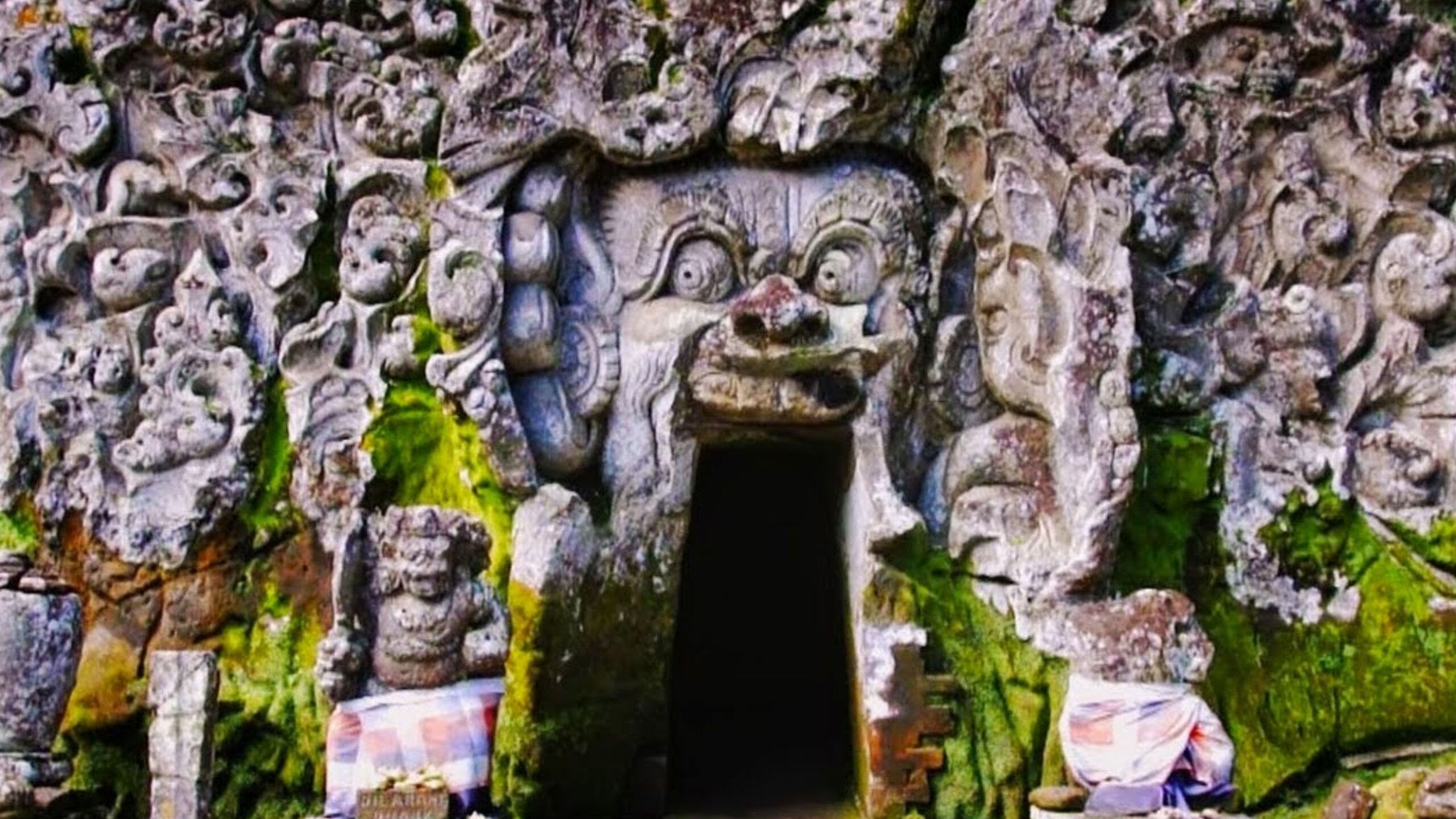What is Punjab Famous For-Butter Chicken, Culture, Food & Festivals
Reading Time: 10 minutesPunjab is considered the most popular state in India, and for all the right reasons. The Sikhi, humbleness, and helpful nature of the natives draw people towards the place. That is the reason it welcomes tourists 365 days a year, and is always busy. In fact, the glory of the land may also make you want to start a new chapter of life here.
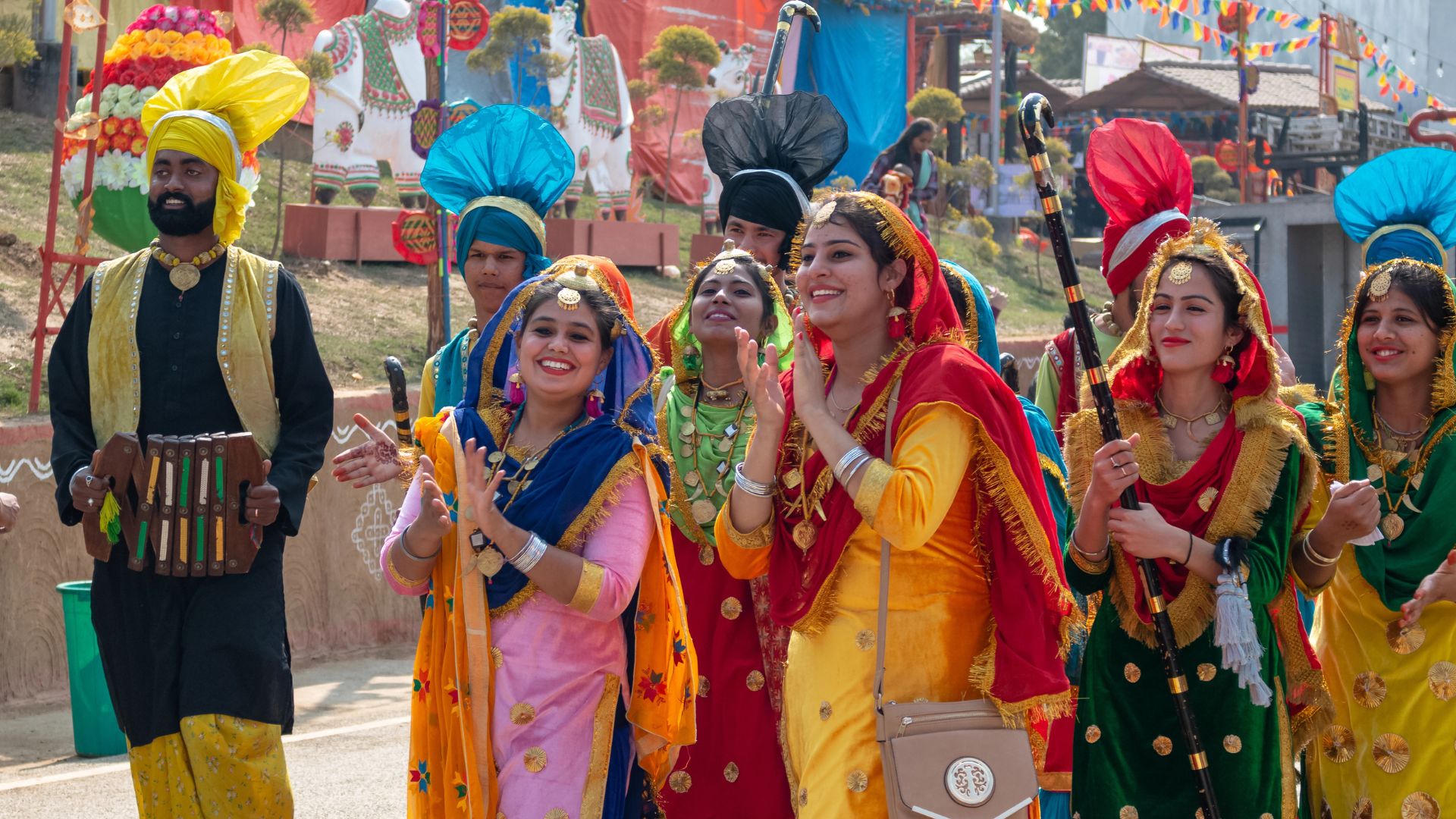
Although there’s history and culture rooted in every corner, one would love to know what Punjab is famous for. It helps get an idea of which places to cover and what to explore during their trip.
ALSO SEE – North India or South India- Which is better to visit?
The blog acts as a tour guide that gives a peek into the life of Punjab and what it is known for.
Table of Contents
What is Punjab Famous for?
We can give you numerous reasons to visit Punjab. From its colourful phulkaris and sleek turbans to sarson ka saag and makki ki roti, every aspect of the Sikh town speaks to you. Here are some of the most amazing things about Punjab that are worth exploring:
1. Gurudwaras
Punjab, the land of Sikhism, has historical gurudwaras in every region. You will find a gurudwara at every spot where the 10 Sikh gurus visited and met their sangat (followers). Although there are innumerable religious sites to mention, let’s cover the ones that are worth spotting
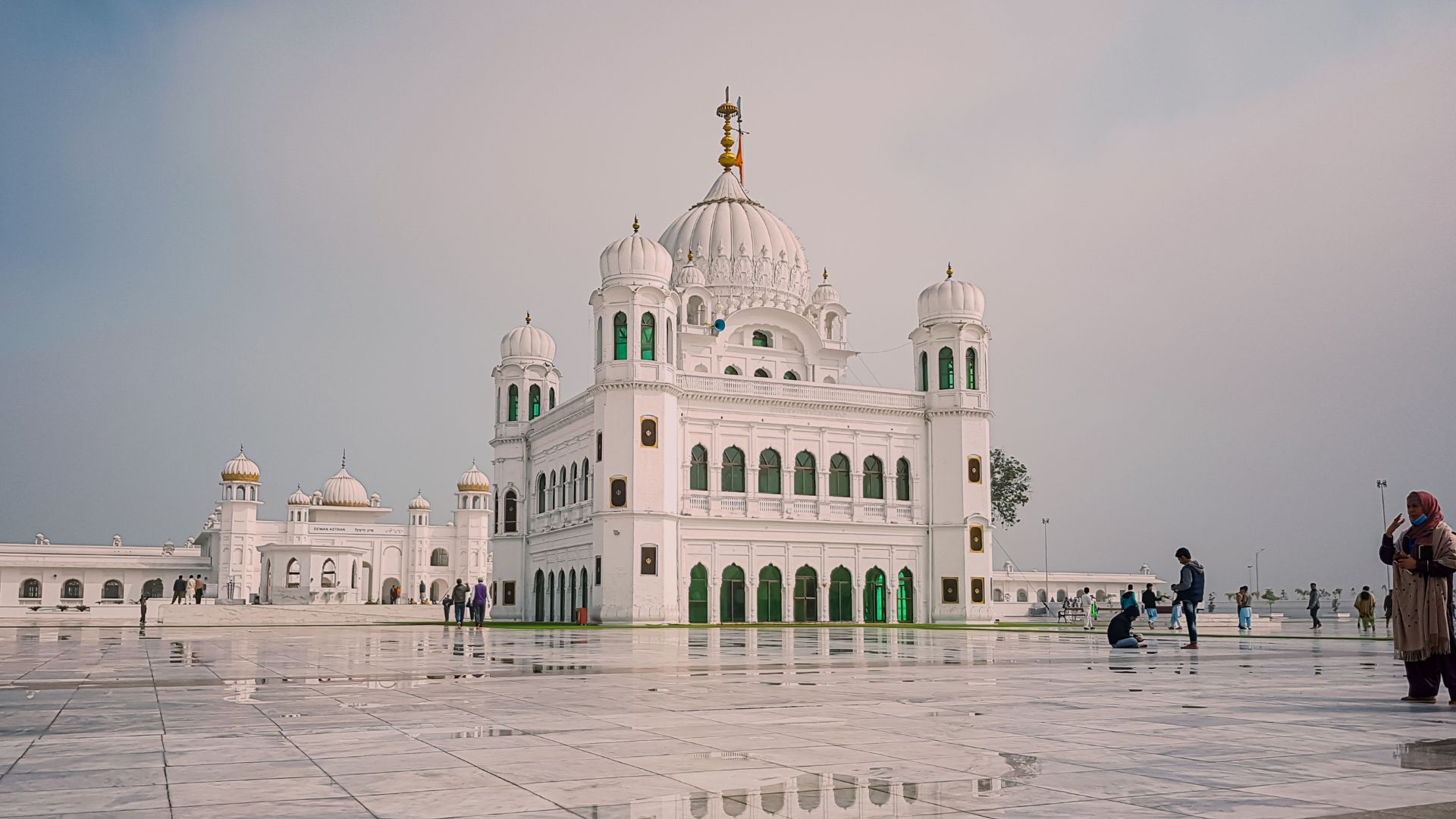
Shri Harminder Sahib
Famously known as the Golden Temple, this gurudwara in Amritsar is considered to be the holiest place of all. It is when the 5th Guru, Guru Arjan Dev Ji, thought of establishing a common place of worship for the Sikhs that the gurudwara’s idea originated. He designed the architecture of the place, and it has been consistently rebuilt after Mughal attacks. Today, Shri Harminder Sahib Gurudwara welcomes people from all walks of life to seek blessings and perform sewa (an act of devotional service).
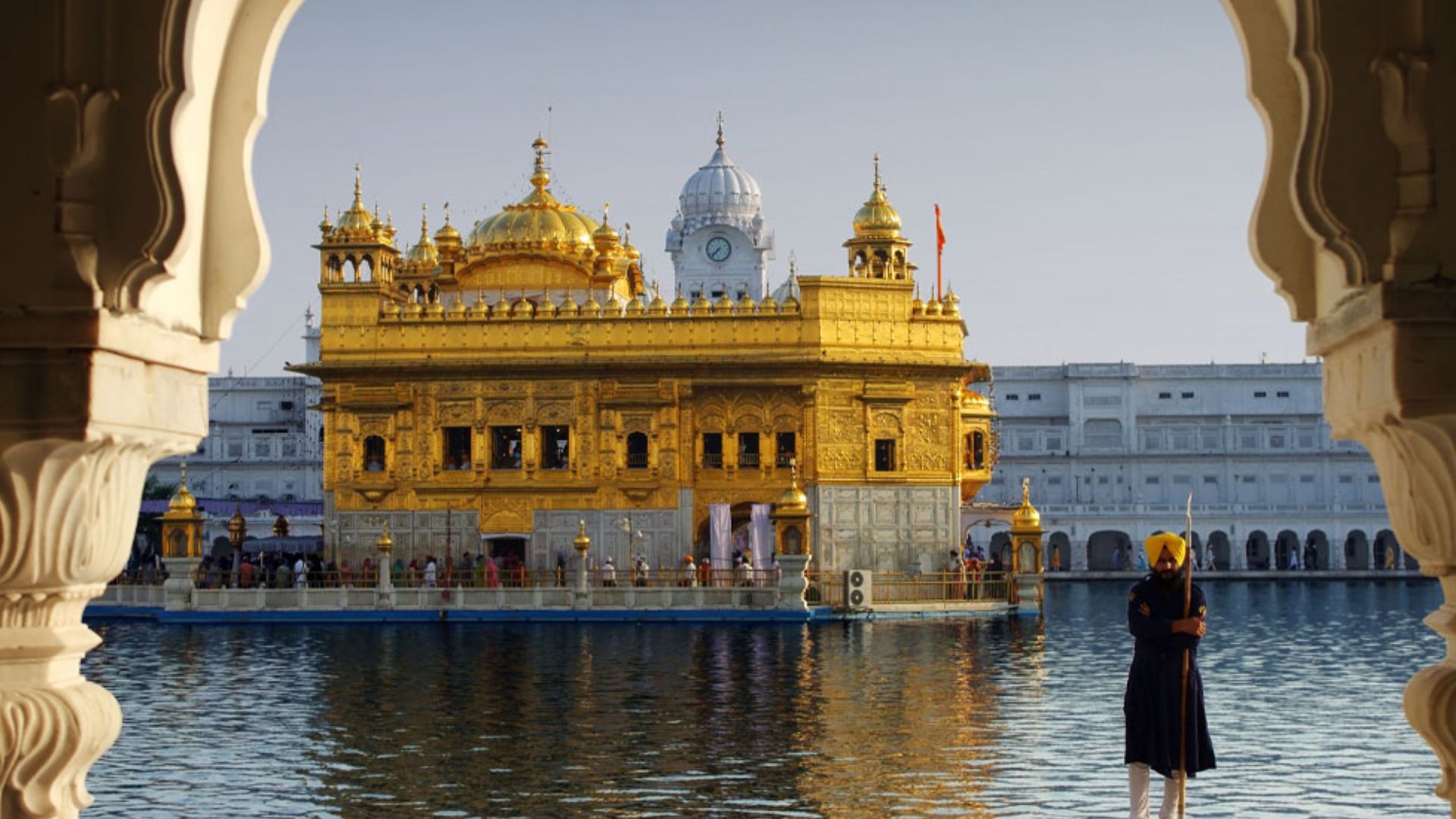
Tarn Taran Sahib
The gurudwara is located on the outskirts of Amritsar in the town of the same name, Tarn Taran. It is known to house the largest sarovar (holy lake) in the world, and was also the idea of Guru Arjan Dev Ji. However, Baba Buddha Ji laid the foundation of this place. People offer brooms and salt as a sign of devotion and to heal their skin ailments. These devotees also take a dip in the holy water as a natural cure for their disease.
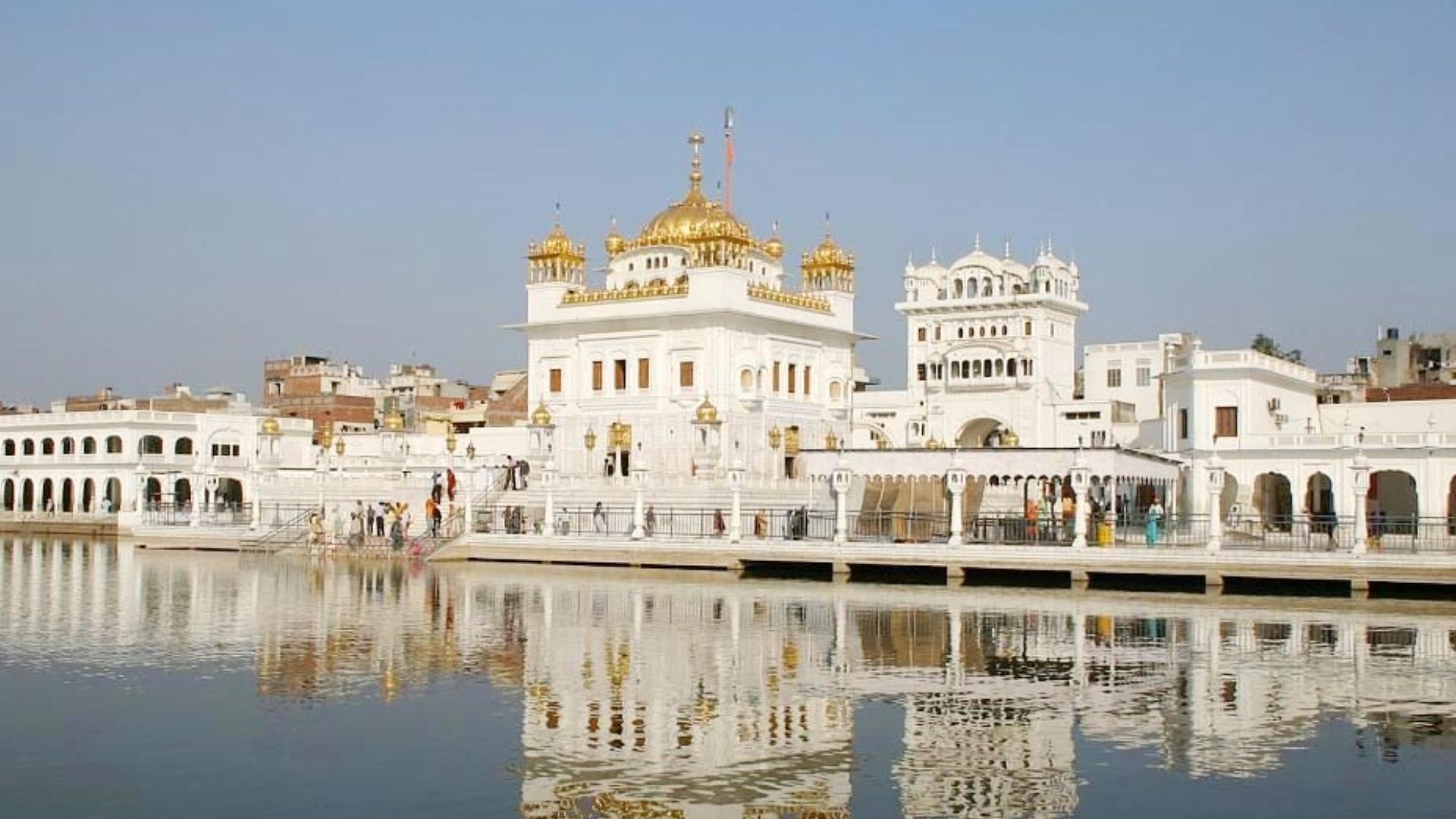
Beer Baba Budha Sahib
The gurudwara is merely 20 km from Amritsar city centre and is dedicated to the first head sewadar of the Golden Temple, i.e., Baba Buddha Ji. He lived there from 1506 to 1631 and anointed the five gurus after Guru Nanak Dev Ji. Today, the gurudwara serves as one of the most beautiful and sacred places in Sikh history. Even if passersby don’t enter inside, they make sure to seek blessings from outside
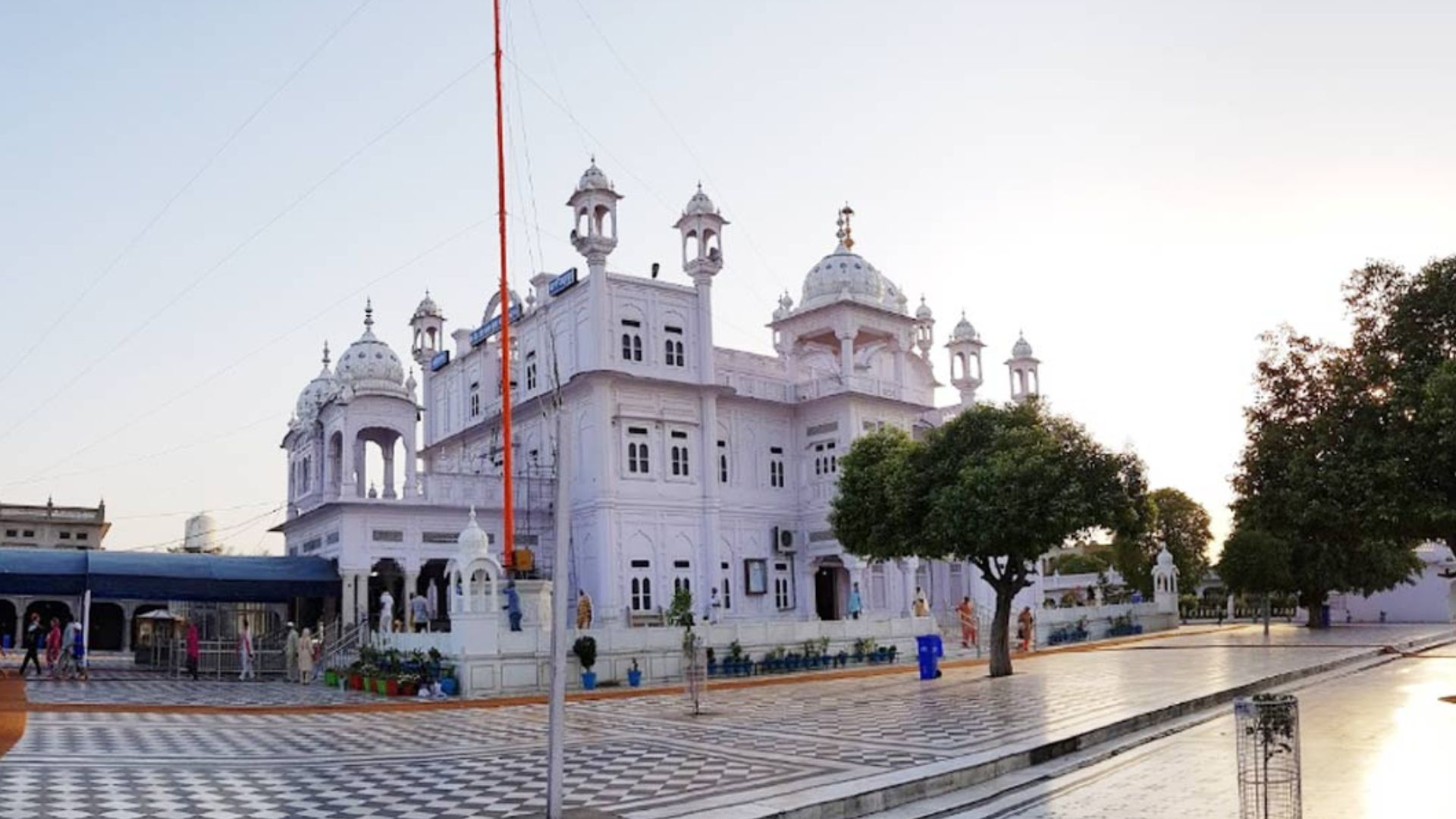
Anandpur Sahib
Anandpur Sahib resides along the connecting route of Kiratpur Sahib and Chandigarh. It is where Guru Gobind Singh and Guru Tegh Bahadur ji lived, and the former Sikh guru founded Khalsa Panth in 1699. The gurudwara is also popular for celebrating Hola Mohalla, a grand celebration among Sikhs during Holi. One can also explore other sacred sites near the gurudwara, including Shri Naina Devi Ji, Guru-Ka-Lahore, Suhela Ghora Sahib, and Bhai Kanhaiya.
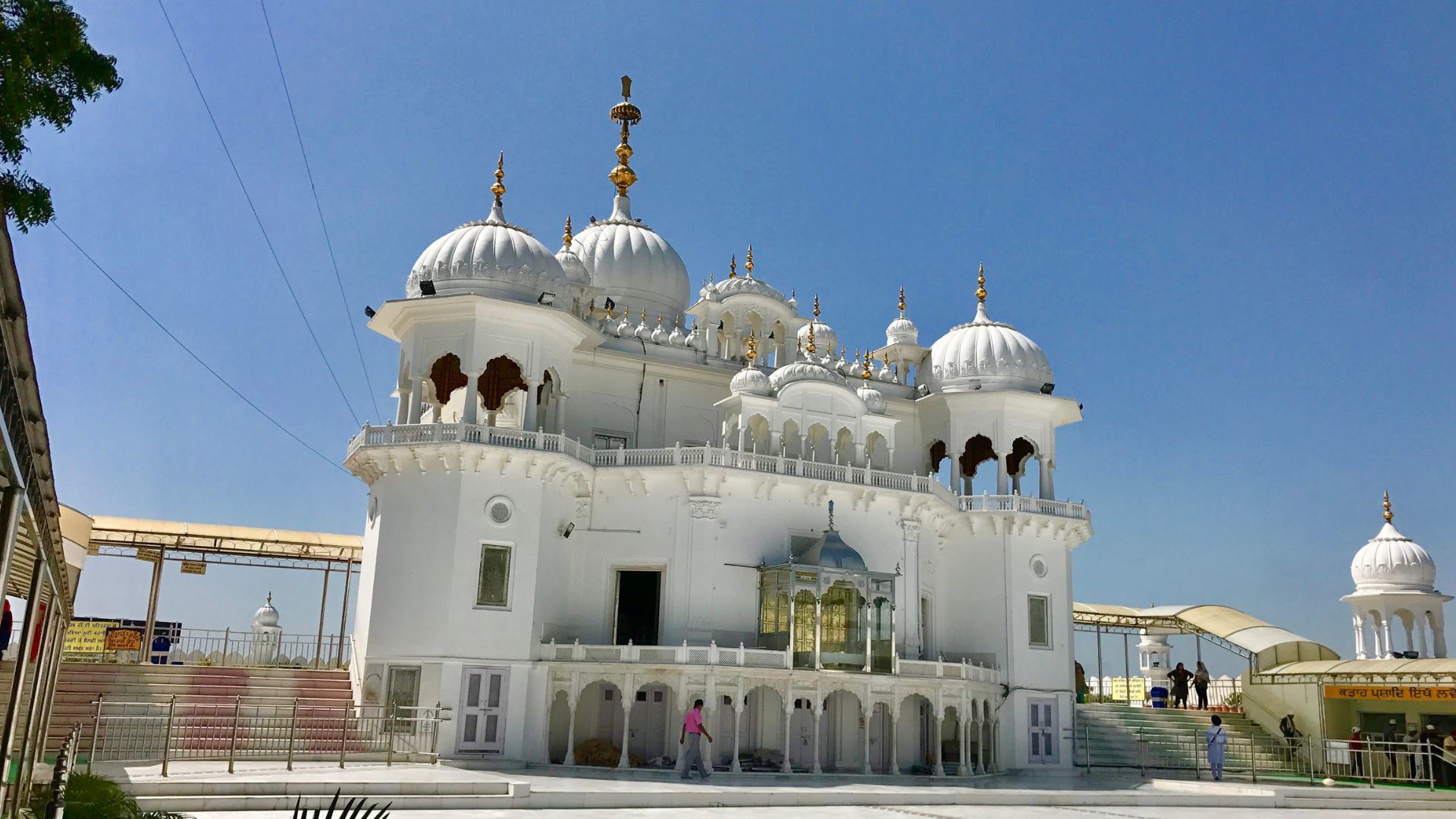
Damdama Sahib
A popular gurudwara, Shri Damdama Sahib, is located in Bathinda, where Guru Gobind Singh Ji prepared his final version of Shri Guru Granth Sahib. It is one of the most prominent places in Sikh history, and is also considered to be the headquarters of Nihangs (Sikh warriors and protectors).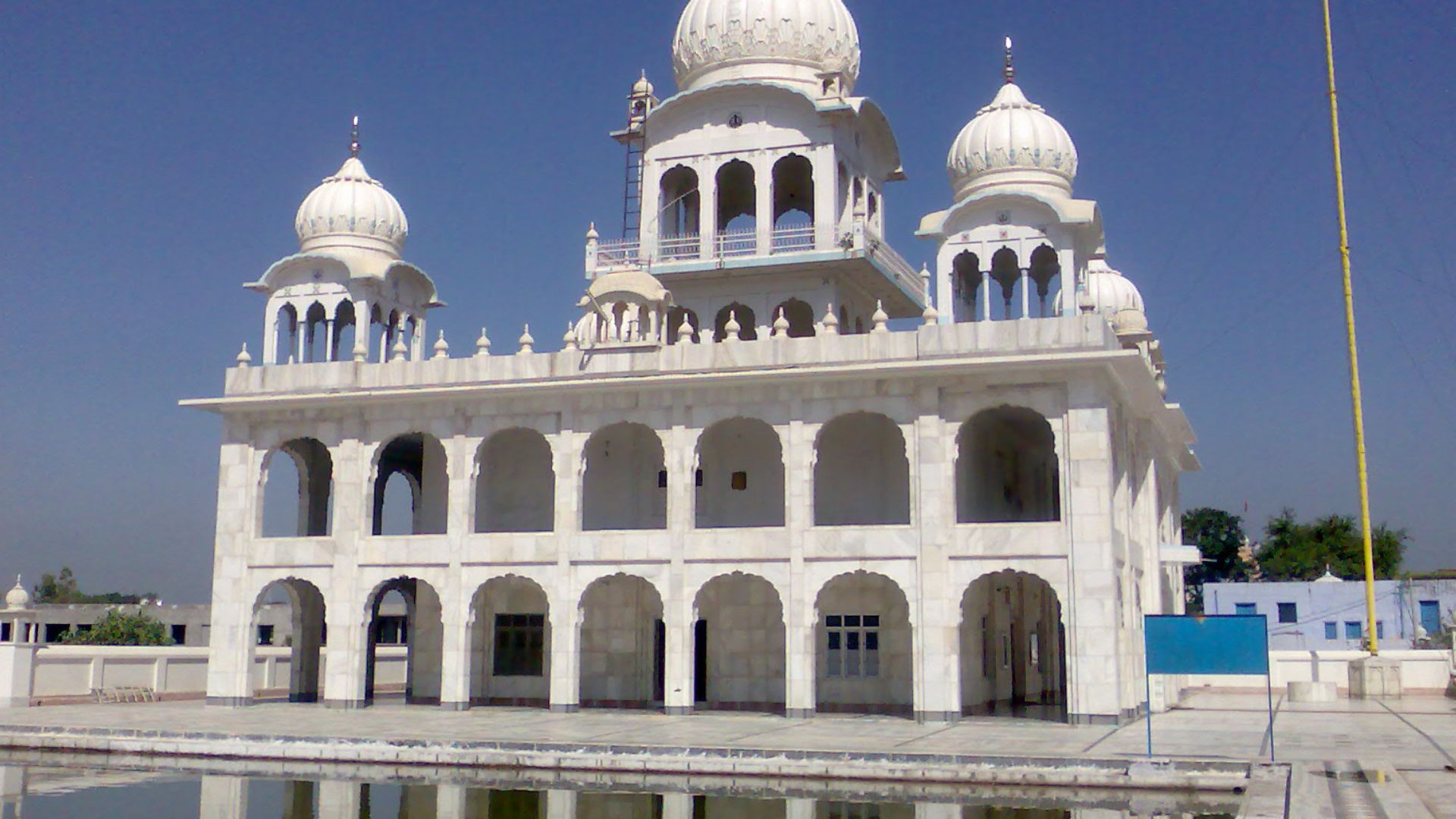 A serene view of Takht Sri Damdama Sahib in Punjab, showcasing its majestic white marble architecture, golden domes, and peaceful surroundings under a clear blue sky
A serene view of Takht Sri Damdama Sahib in Punjab, showcasing its majestic white marble architecture, golden domes, and peaceful surroundings under a clear blue sky
Dukhniwaran Sahib
The gurudwara in Patiala is known to heal people’s ailments. Visitors believe that a dip in the holy water can heal them from within. Its origin is linked to Bhag Ram, a villager who consistently prayed to Guru Tegh Bahadur Ji under a tree. He wanted to end a plague that affected this village. After his prayers were answered, the place was termed as “Dukhniwaran”, or the end of every suffering. A gurudwara was built to instil faith among people in God.
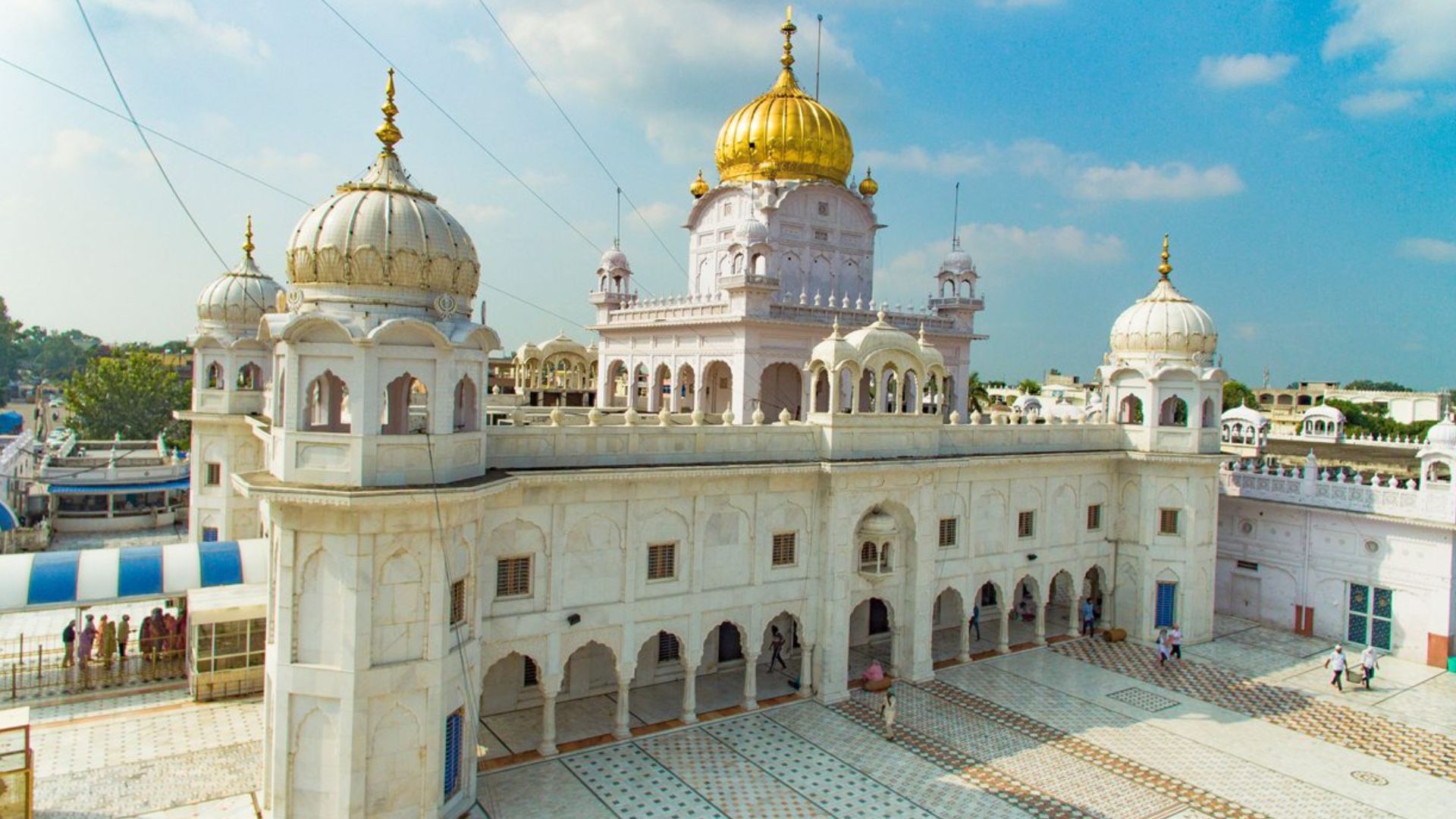
2. Historical Monuments
Although Punjab is known to be the land of spirituality, it is also home to some of the most unforgettable events in history. Here are some of the places that will take you back in time and make you feel like you are a part of it:
Jallianwala Bagh
Nobody is unaware of that unfaithful day when General Dire passed an order of mass shooting that killed 379 civilians. Today, it is a historical landmark that still has bullet holes on the walls. It is a site that reminds everyone of the difficult times people faced before independence. If you visit today, you can also see an educational recording that takes you through the monumental phases of the pre-independent nation.
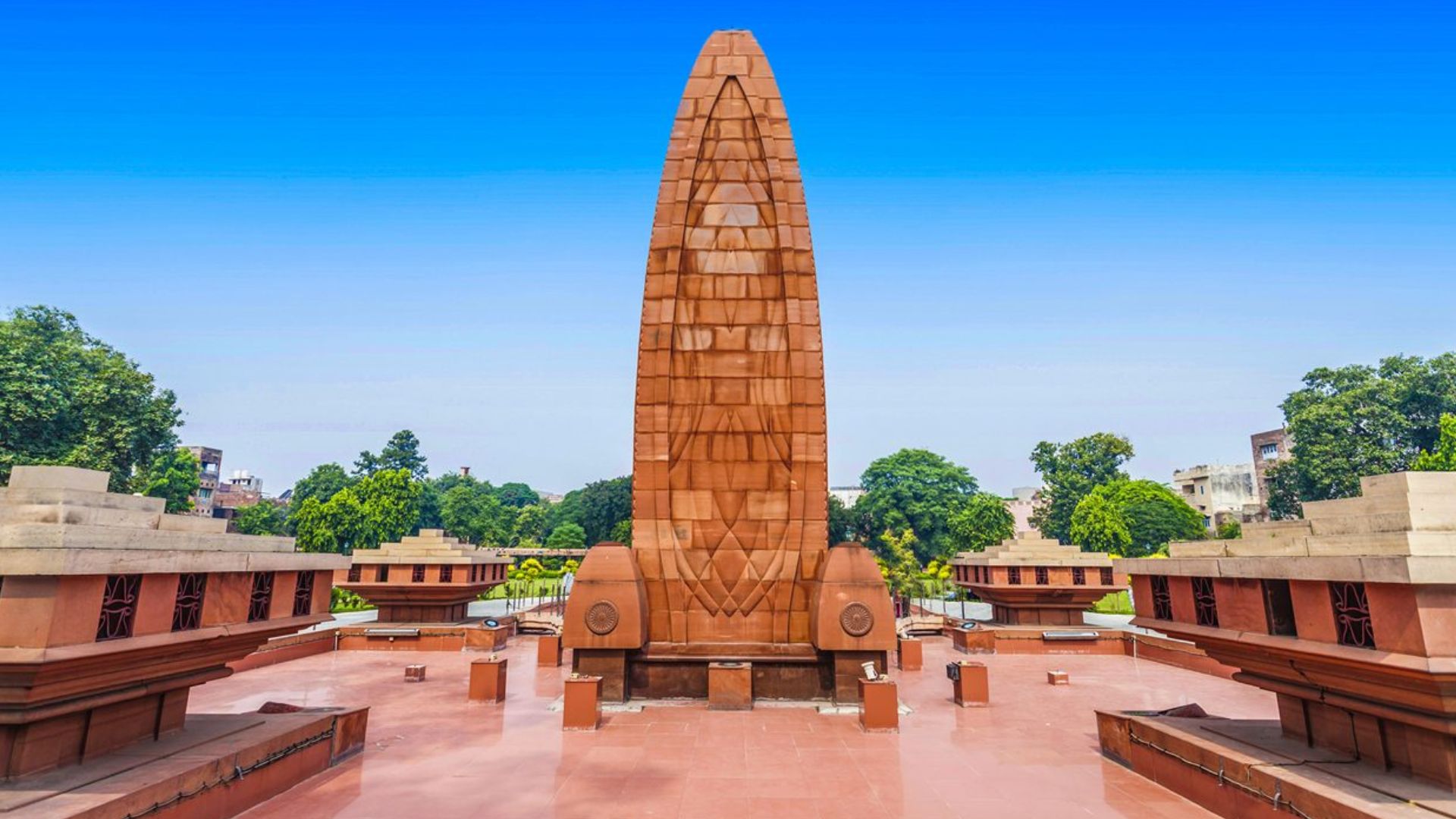
Wagah Border
The place is less of a tourist attraction and more of a patriotic vision. It is the actual border that divides India and Pakistan, and is used to witness a parade of over an hour. However, now that the gates remain closed and the handshakes have been suspended, you can only witness the beating ceremony.
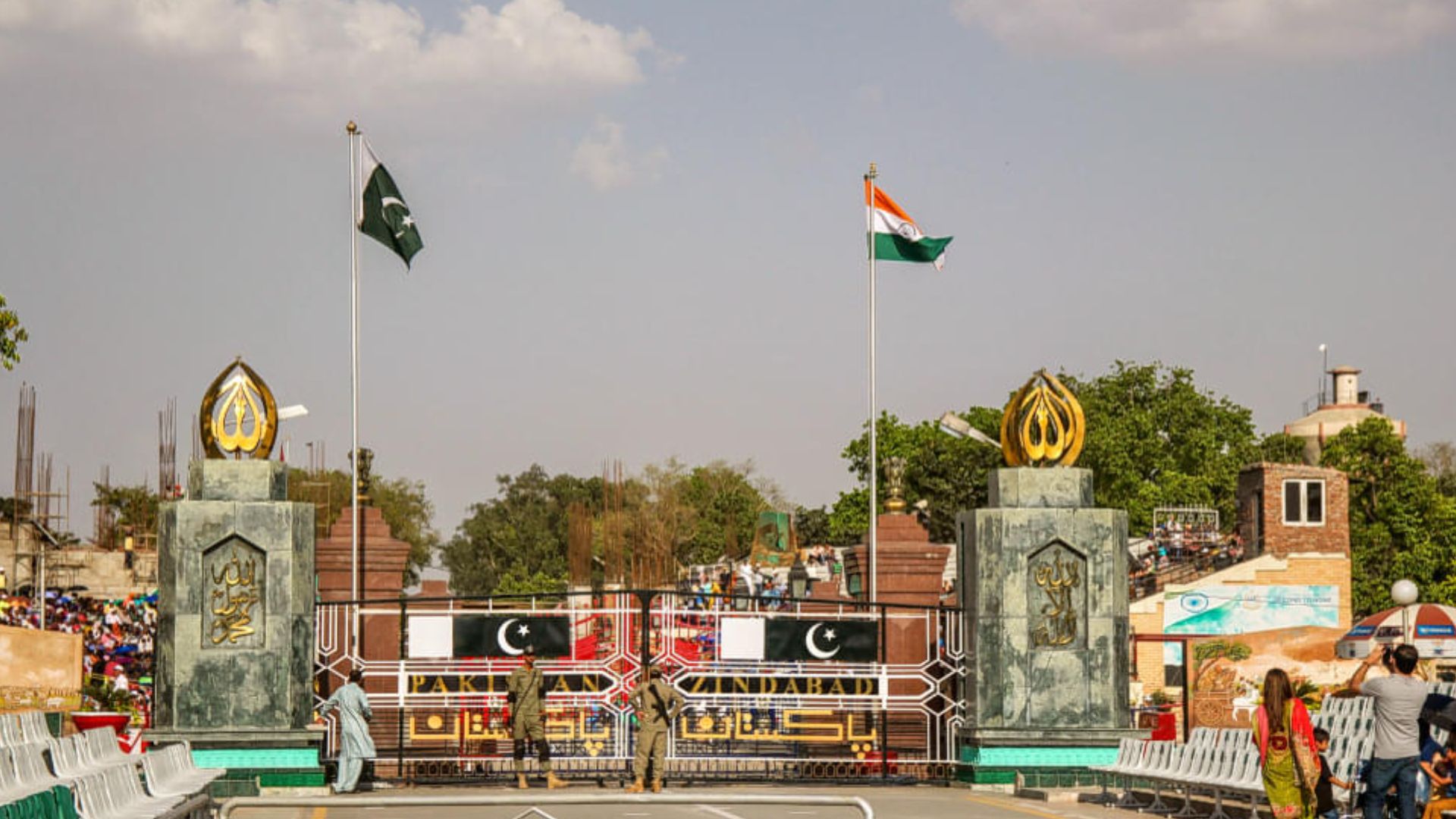
Sheesh Mahal
The Sheesh Mahal in Patiala is right behind the Moti Bagh Palace and showcases intricate mirrorwork. It used to be the space of leisure for the royalty, and is now a museum and an art gallery. There are two chambers where you can spot the Kangra and Rajasthani Qalam, two beautiful paintings that depict the poetic forms of Bihari, Keshav, and Surdas. Along with that, you can also find Kashmiri furniture, art, and over 3,200 medals.
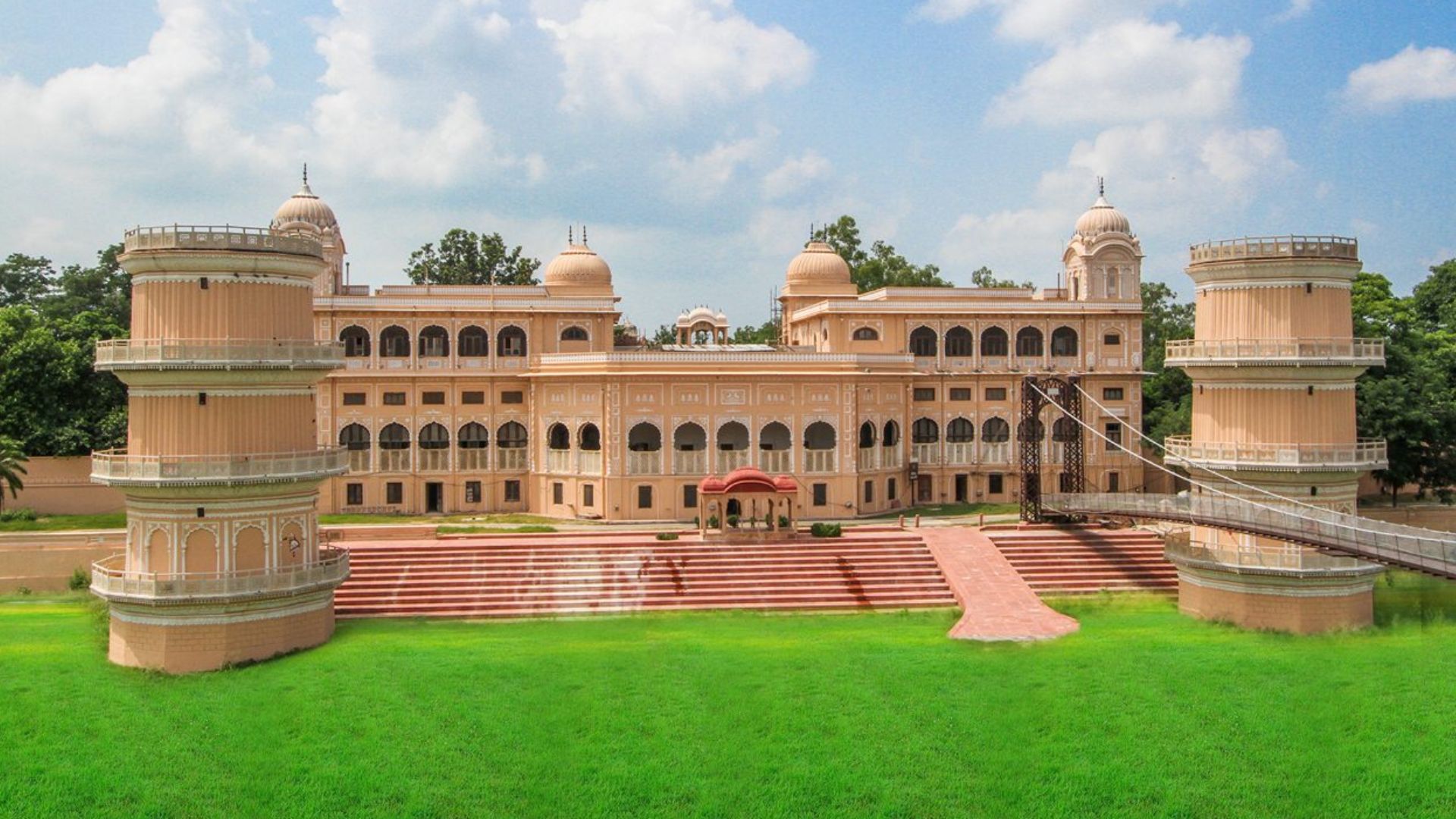
Phillaur Fort
The historic fort was built under the reign of Maharaja Ranjit Singh and is located on the Grand Trunk Road in the town. It was built as a military watch power, and turned into an official office to counter the British during their rule. Today, the Phillaur Fort is more of a museum and a dargah, along with being the Punjab Police Academy region. This place is open for both learning the ropes of law enforcement and the heritage symbol of Punjab.
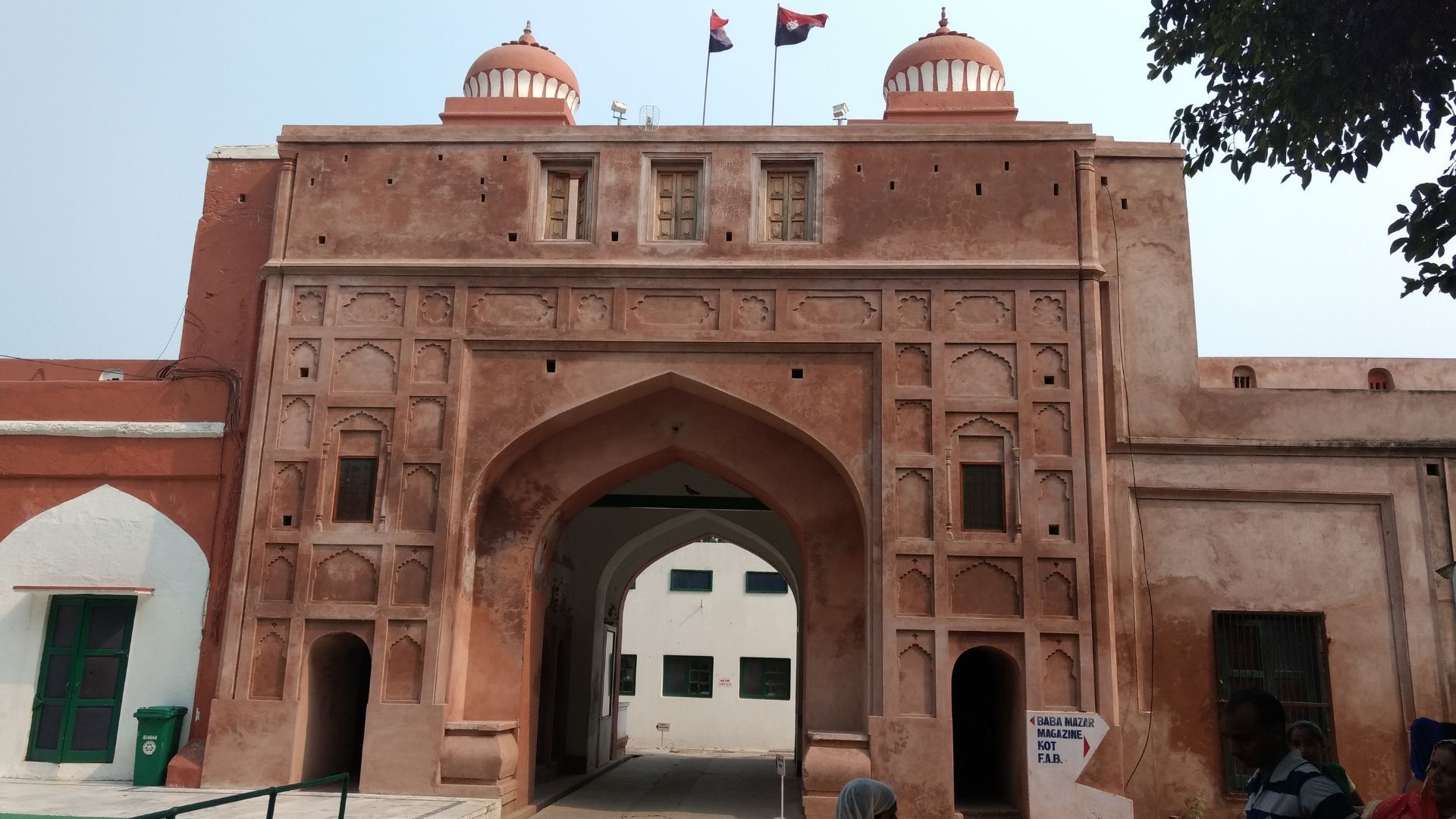
3. Shopping Streets
From phulkaris to Punjabi juttis and paranda, there is so much to explore in the local markets of Punjab. Here are some of the top choices you can consider during your visit:
Hall Bazaar: Amritsar
Right behind Shri Harminder Sahib is the age-old Hall Bazaar, lined up with traditional Punjabi clothing, footwear, and hair accessories. There are also several small street vendors selling toys, jewellery, and other accessories.
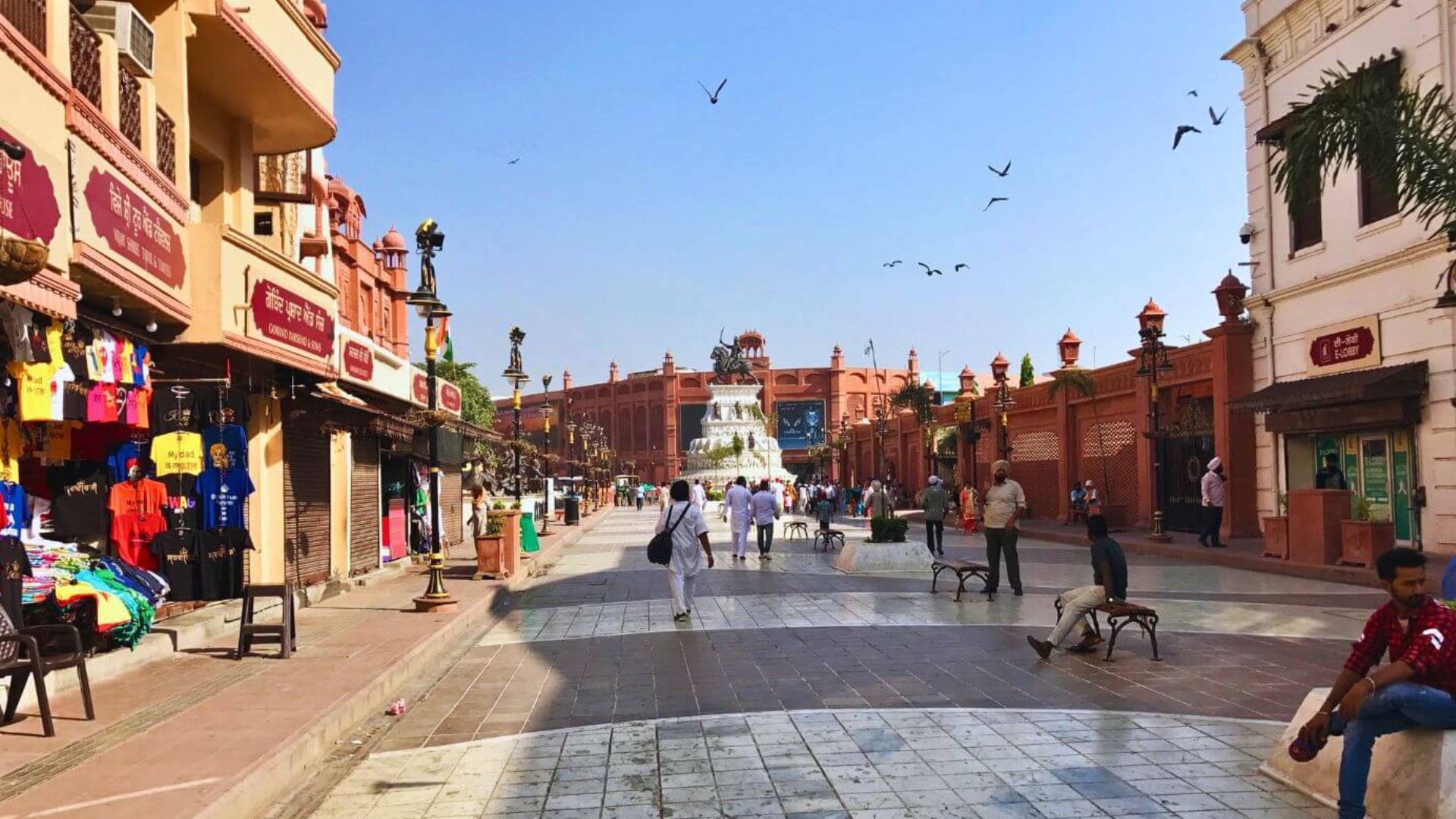
Chaura Bazaar: Ludhiana
The market is one of the oldest shopping spots in Ludhiana. It is close to the Girja Ghar Chowk, and is easily accessible by a rickshaw. Several small shops sell clothes, handbags, footwear, and other products for the locals. It always draws visitors owing to the low-priced and traditionally rich products.
Janta Market: Mohali
Although there are several markets in Mohali and Chandigarh, the Janta Market in Phase 3 stands out for its expansive range of product options. This market isn’t that huge, but the prices are quite affordable.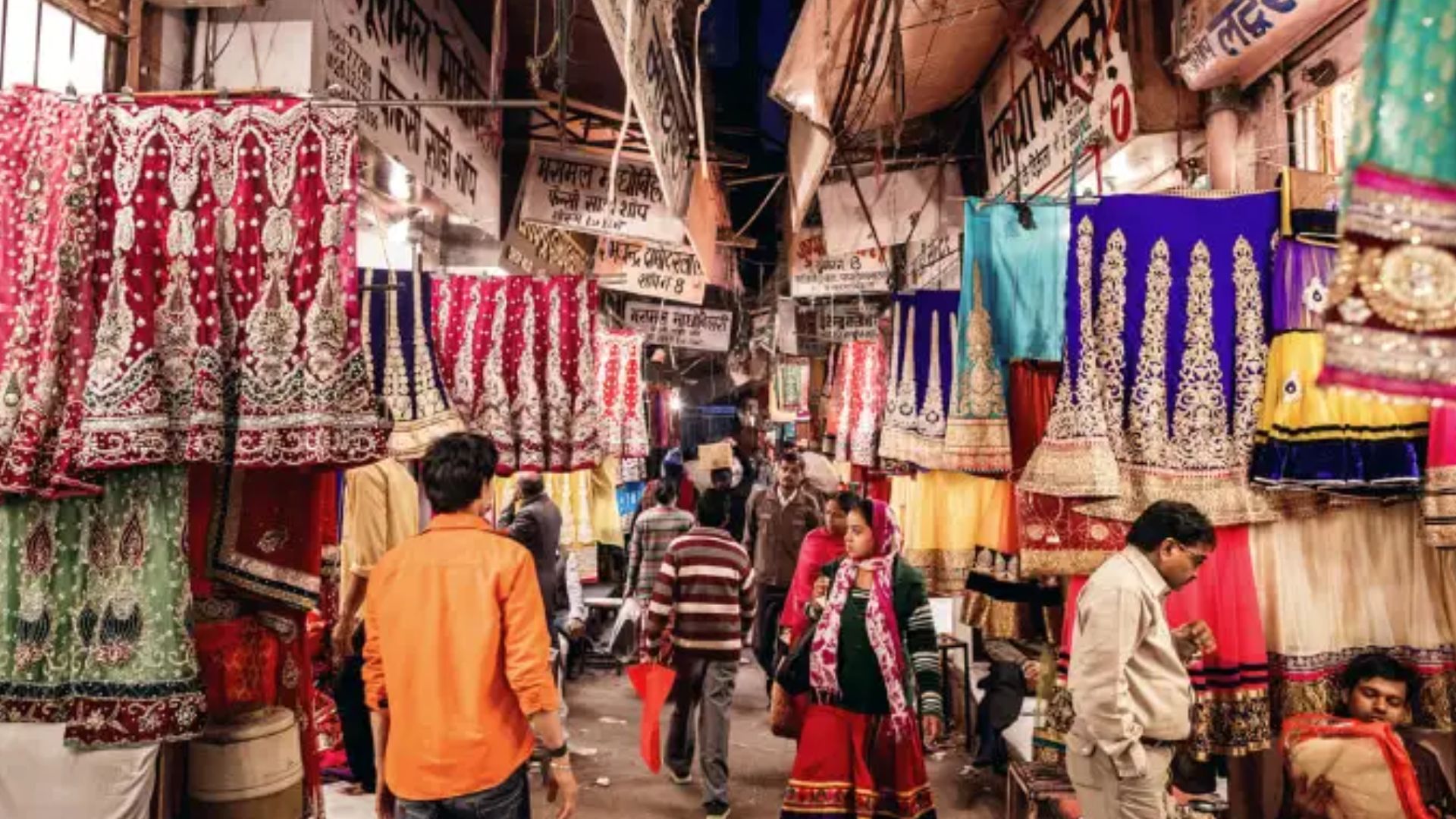 A bustling street view of Janta Market in Mohali, Punjab, showcasing vibrant shops, colorful storefronts, and locals shopping for daily essentials and trendy items
A bustling street view of Janta Market in Mohali, Punjab, showcasing vibrant shops, colorful storefronts, and locals shopping for daily essentials and trendy items
Model Town Market: Jalandhar
You can look forward to a fulfilling shopping expedition at the Model Town Market on the Main Road. There, one can find both branded and non-branded products to suit their taste. So, if you are in Jalandhar and want to explore the shopping scene, then this is the perfect place to check out.
4. Local Food and Delicacies
Punjabi cuisine is famous for its spices, tadka, and flavoursome dishes. So, when in the state, how can you miss out on the most famous places? Here are the best options we have narrowed down:
Bharawan Da Dhaba: Amritsar
The Dhaba is located near Town Hall and draws a humongous crowd regularly. This place serves the most authentic Punjabi food, including sarson da saag, makki ki roti, and chole bhatura.
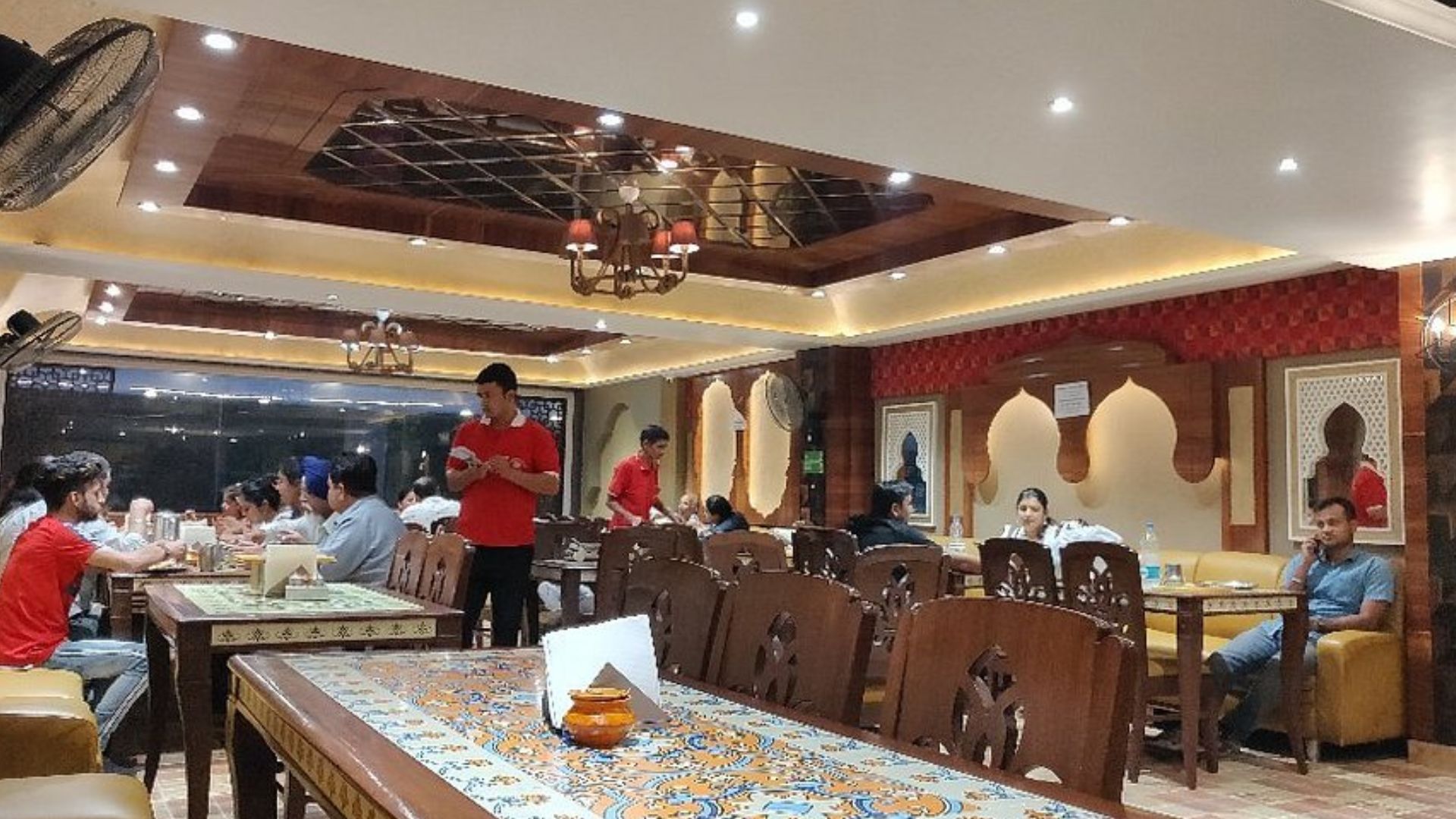
Rangla Punjab: Jalandhar
The popular restaurant recreates the feel of an old Punjabi village and has a wholesome vibe that the tourists love. Apart from enjoying the Punjabi buffet, you can engage in cultural performances like folk dance, puppet show, and magic acts.
Pal Dhaba: Chandigarh
The Dhaba prides itself on being the server of the most delicious Punjabi cuisine in the city. Some of its best-selling dishes include butter chicken, keema kaleji, and mutton curry.
Jaggi Sweets: Patiala
The Indian sweet shop in Adalat Bazaar is popular for its range of bakery and savoury items. Its experience of three generations retains the quality and authenticity of the products. So, make sure you visit on your trip to Patiala.
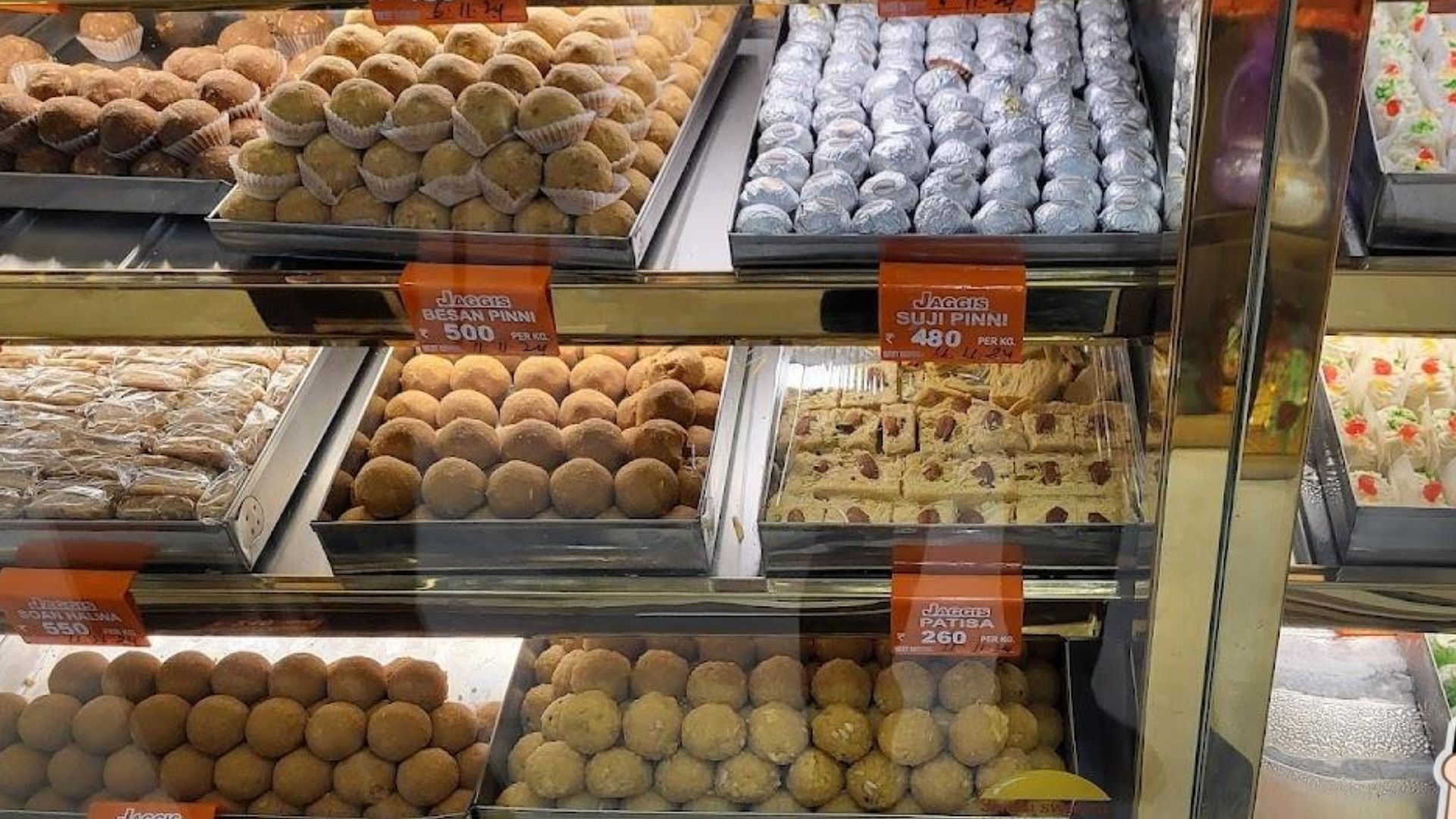
5. Cultural Festivals
Did you know that Punjabi culture is known to be the richest in the world? That’s because of its deep-rooted traditions and Sikhi philosophy, instead of focusing on economic wealth. So, while you are in Punjab, here are some of the festivals you can be a part of:
Hola Mohalla
The festival is celebrated to commemorate the community spirit and bravery of the Sikhs. It takes place on the consecutive day of Holi, and involves several activities like horse riding, parades, and sword dances.
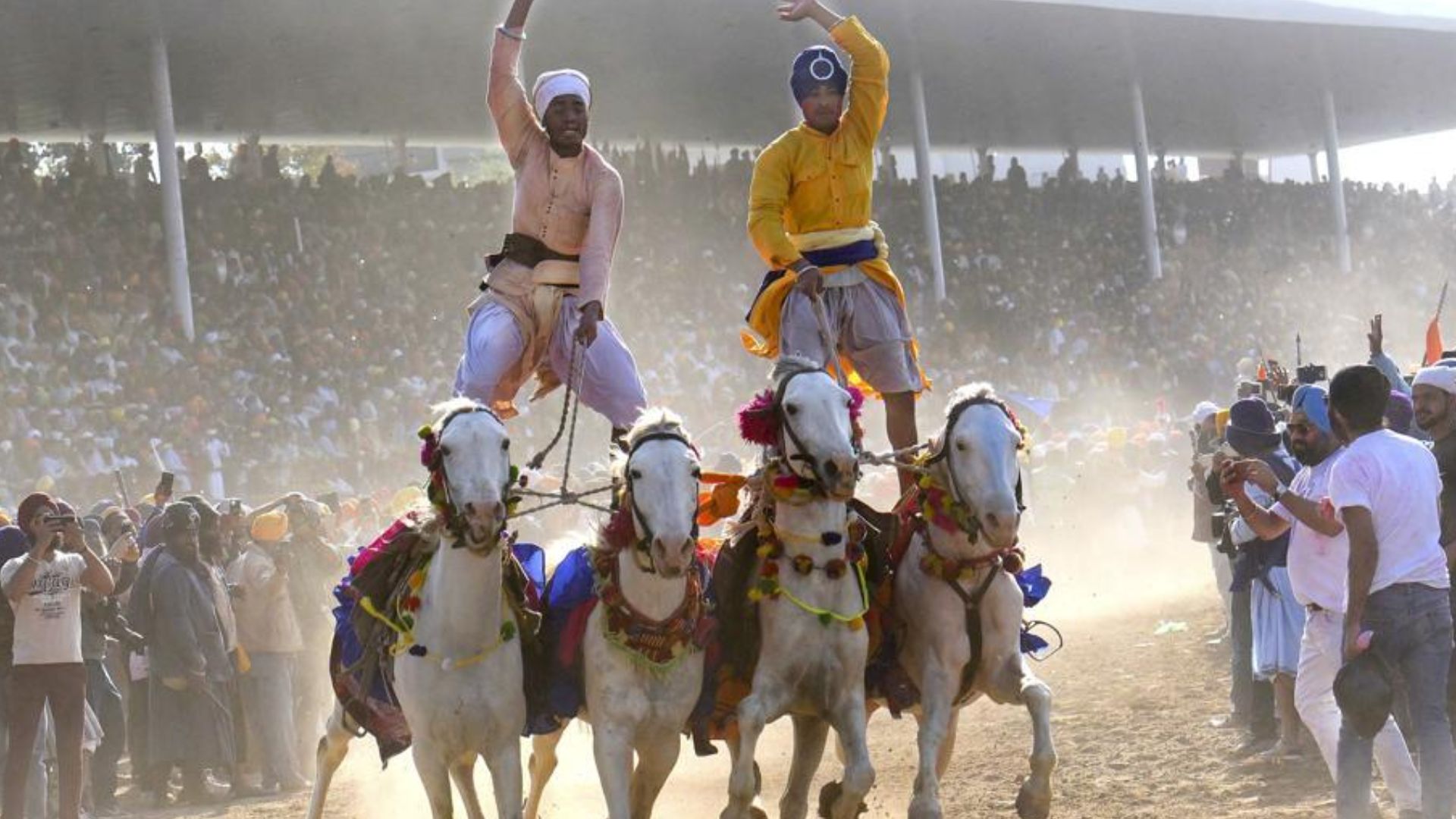
Gurpurab
The anniversary of every Sikh Guru is celebrated with a lot of devotion and love across Punjab. That’s when people organise Akhand Path, followed by Prabhat Pheri and Langar. It is a must-visit festival if you want to witness the spirituality and selfless service of the Sikhs.
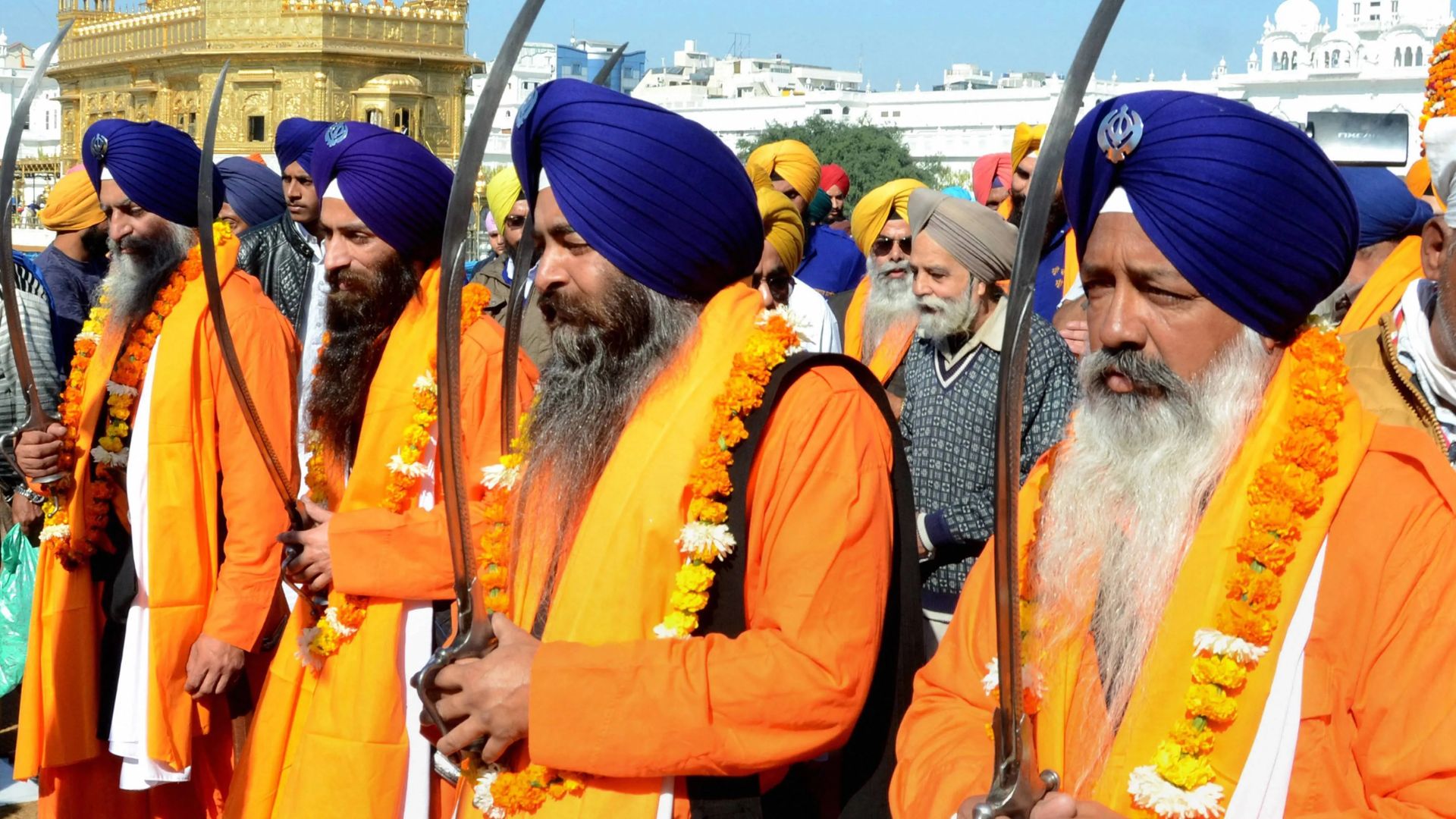
Baisakhi
The annual festival celebrates the spring season in Punjab when the first harvest is cut. That is also when the Khalsa community was established by Guru Gobind Singh Ji. Anyone visiting Punjab during the first half of April, make sure you stay till 13 and witness the magical event.
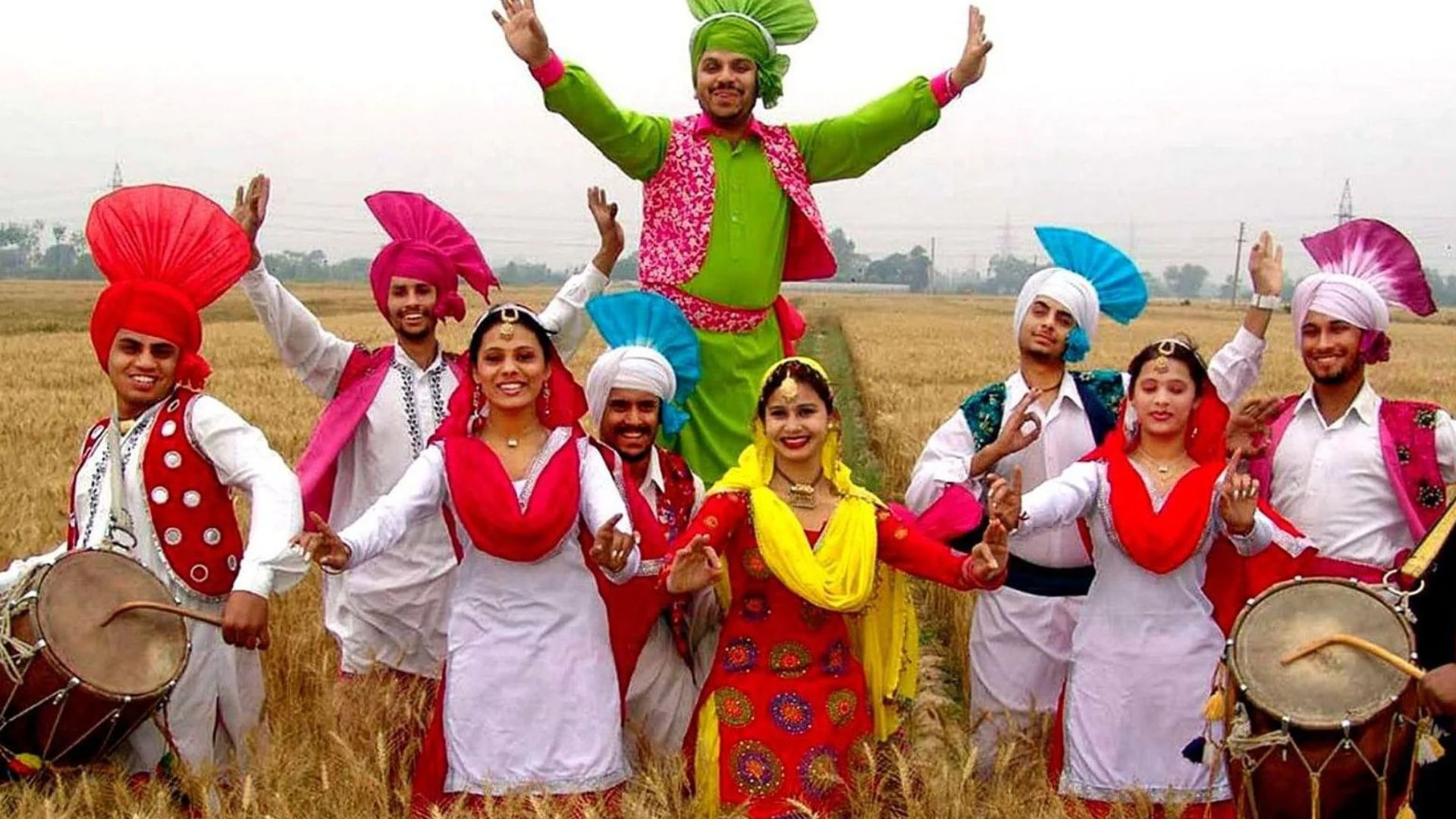
Lohri
The annual festival is celebrated in January to bid adieu to the winter season and await the arrival of longer days. It is a special time for farmers as they celebrate the harvest of crops like wheat and sugarcane. People generally sing, dance, and light bonfires while sharing stories about Dulla Bhatti.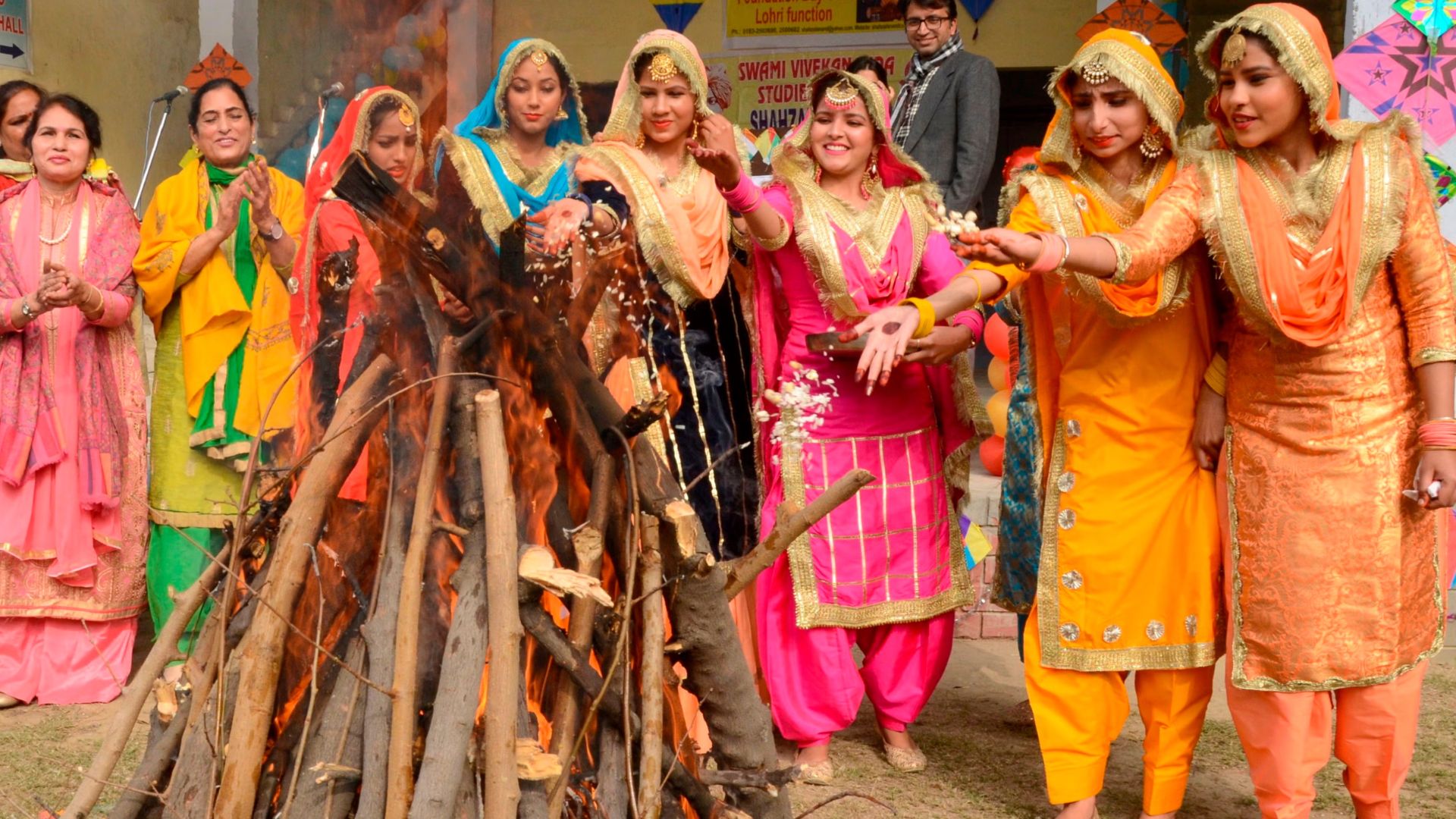 People celebrating Lohri in Punjab, dancing around a bonfire, enjoying traditional music, and sharing festive sweets like til and jaggery
People celebrating Lohri in Punjab, dancing around a bonfire, enjoying traditional music, and sharing festive sweets like til and jaggery
6. Art and Craft
Punjab is enveloped in culture and heritage, seeped into every little thing from phulkaris to paintings. So, while you explore the craft of the region, indulge in how parandas, juttis, and woven khes are designed. You can also find local artists creating Madhubani paintings with lively colours and nature-inspired motifs.
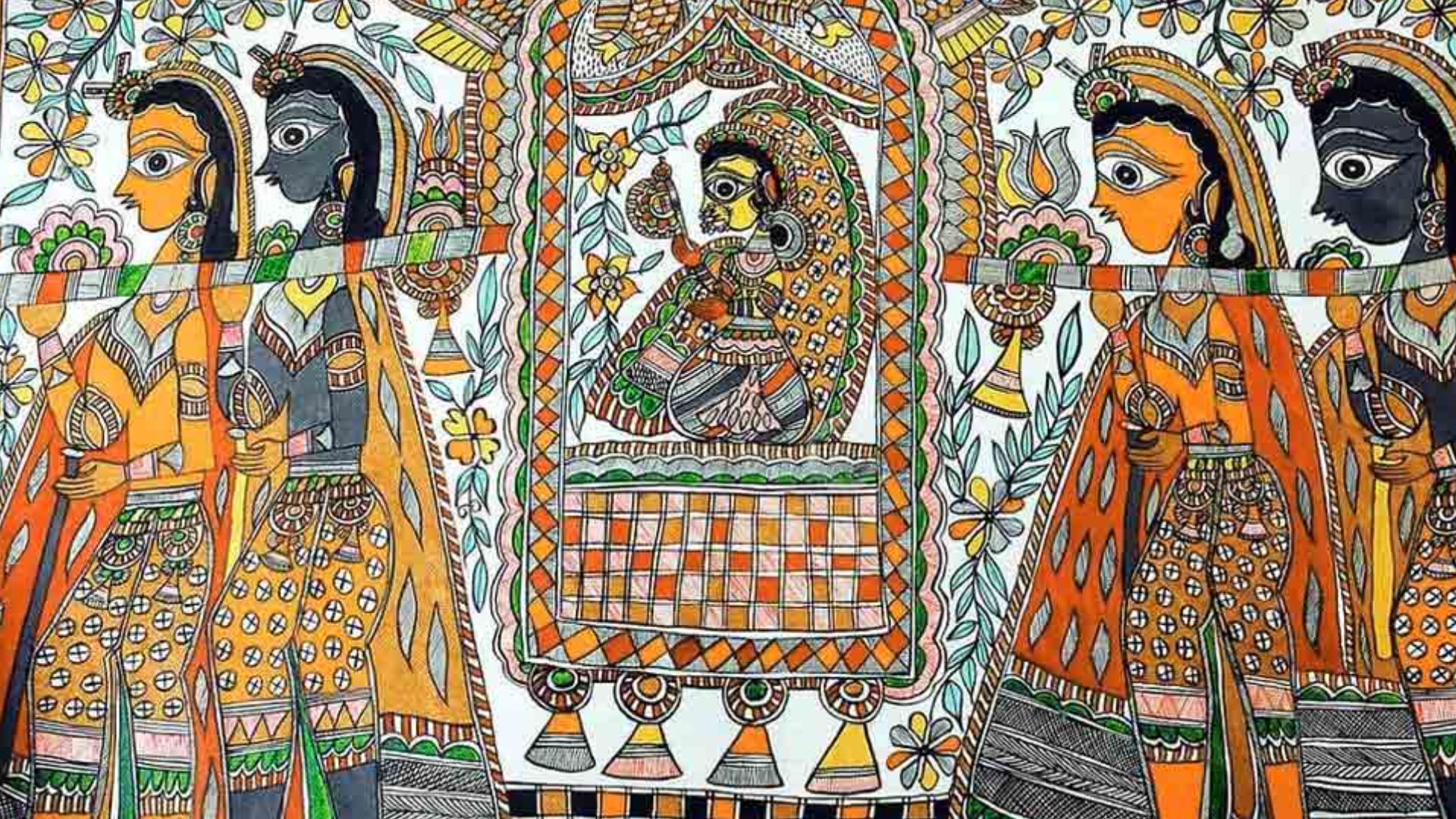
Punjabi Hospitality
The Sikhi teachings say that every human is a form of divinity and should be treated with utmost respect. That’s why you will feel a magical aura surrounding every neighbourhood of Punjab. People bow down and wish you “Sat Sri Akal”, a gesture seldom found in other regions of the world.
So, when you visit Punjab, you will feel like you belong here, irrespective of where you come from. This is your cue to book the long-awaited trip and explore the enchanting culture and historical landmarks of the Sikhi.

